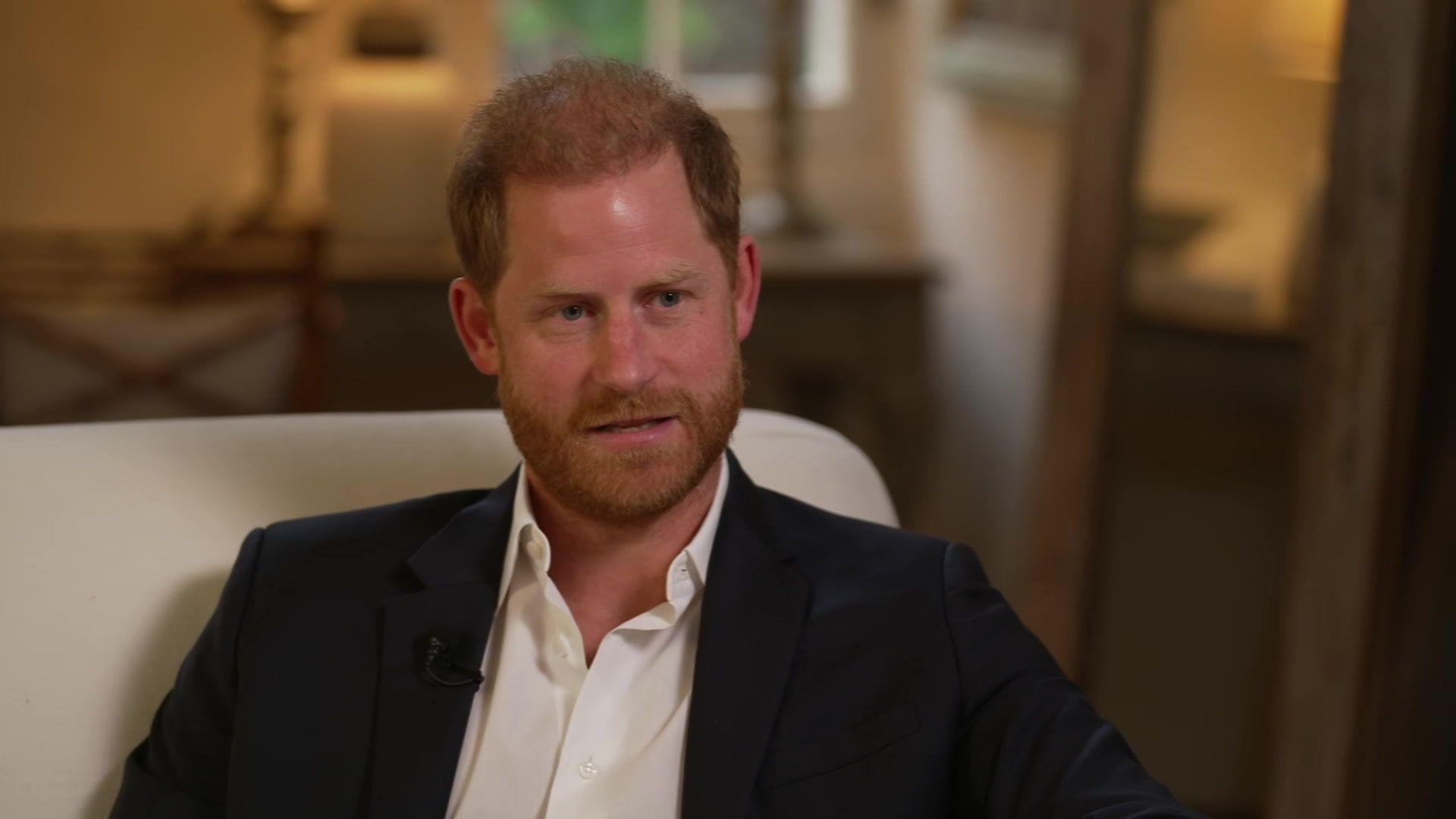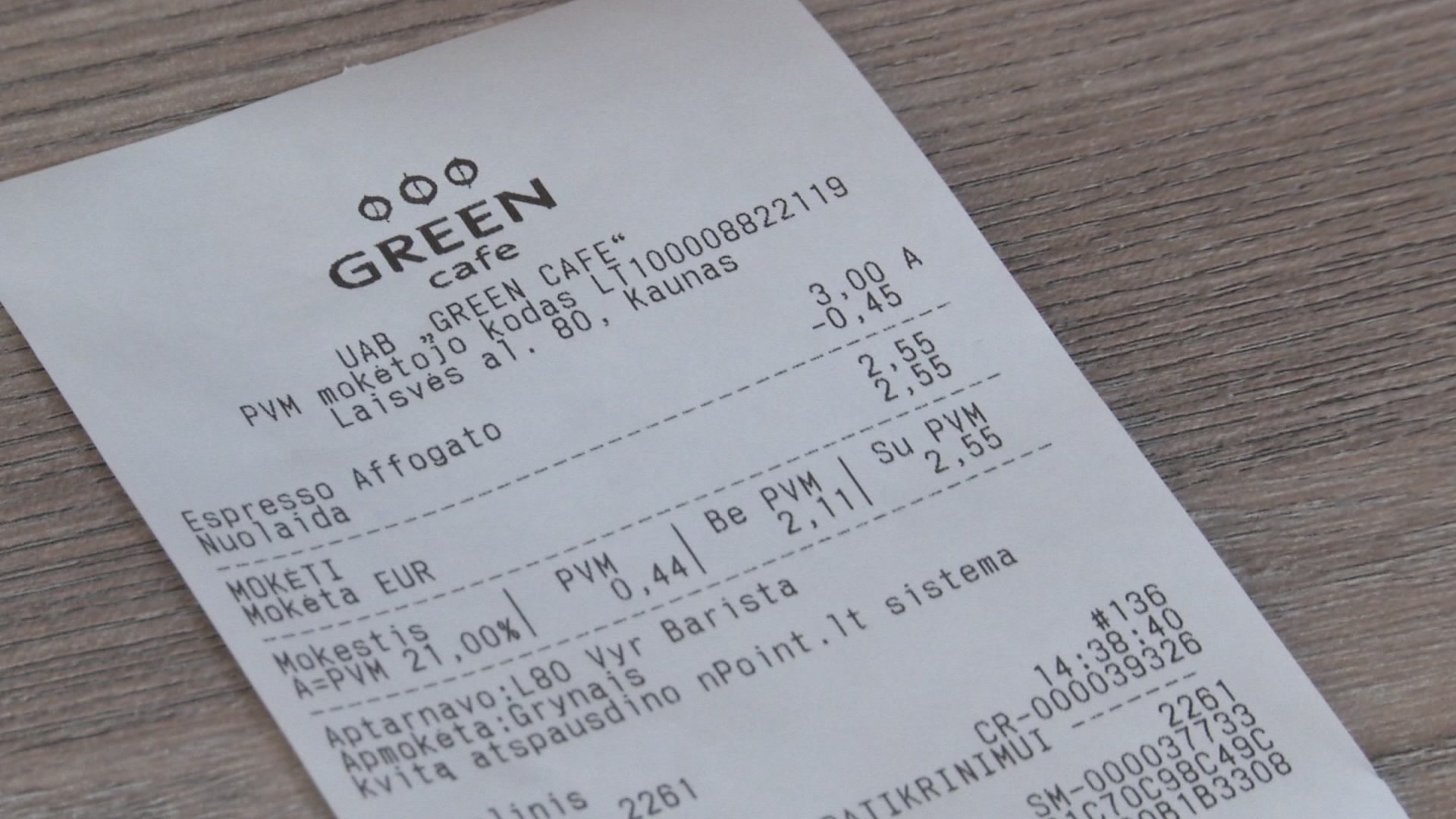« Will shoot you if you stay ‘: life in’ forbidden zone ‘in Iraq – BBC News in Serbian
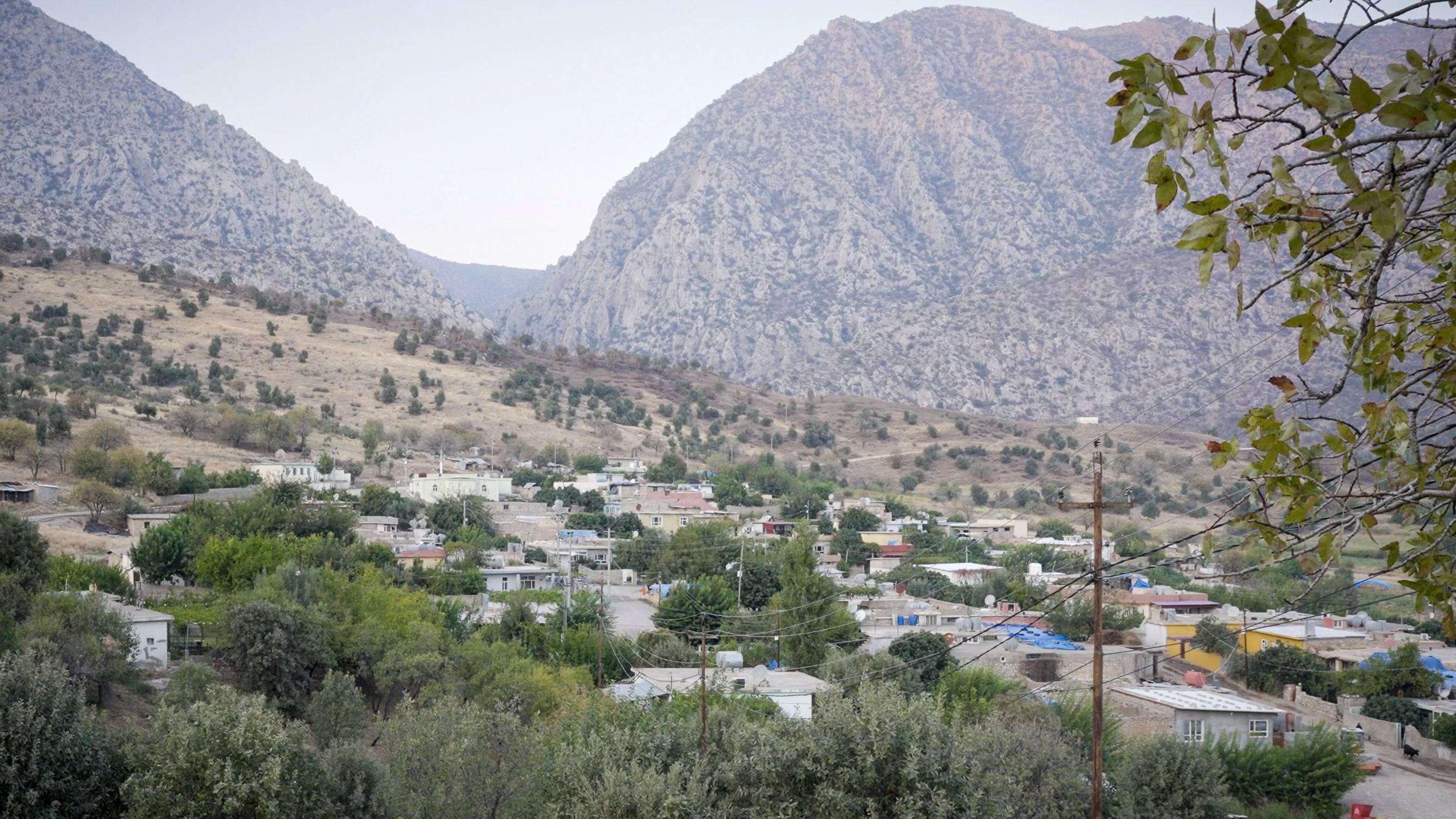
Turkey raises military base on Iraqi territory, reveals BBC, causing fears of occupation.
Negred in the mountains of Iraqi Kurdistan there is a picturesque village of Sergela.
For generations, villagers like Shervan Sergeli survived by growing Nar, almonds and peaches and picking wild fruits and spices on the nearby forests.
But Sergele, located 16 kilometers from the border with Turkey, is increasingly surrounded by Turkish military bases, which are lowered by slopes.
One, located halfway to the top of the western reef, hopes over the village, while the other in the East is under construction.
At least seven were raised here in the past two years, counting one side by the small dam that regulates Sergelea water supply, practically making it inaccessible villagers.
« This is a hundred percent formation of Kurdish territory in Iraqi Kurdistan, » says Shervan (50), who lost access to the part of her own land.
« The Turks destroyed her. »
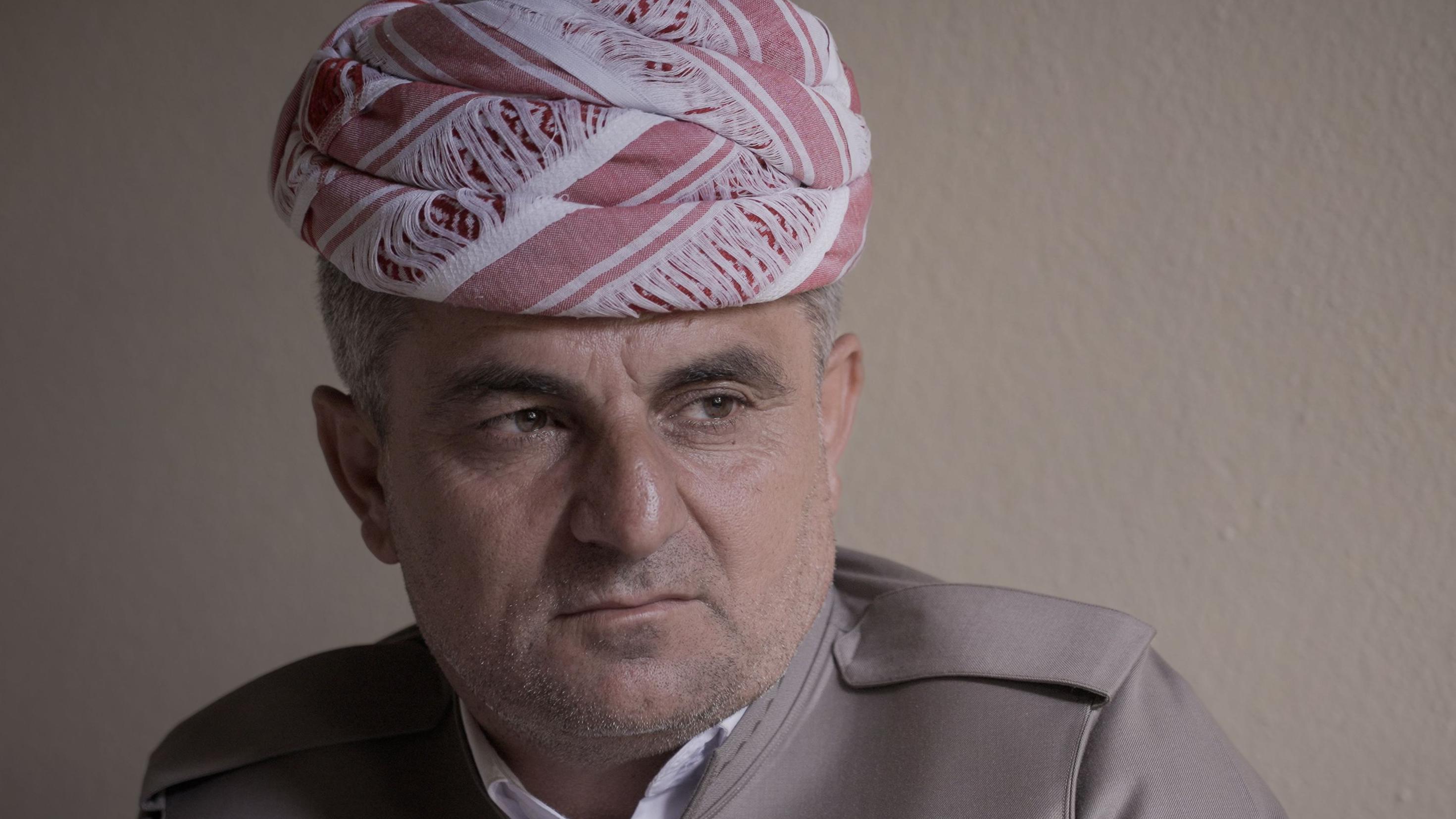
Sergele is now in danger of being indented in what the local population known as a « banned zone » in the Northern Iraq-affected Turkish war with Kurdish extremes of PKK, which rose to an uprising in southern Turkey in 1984. Years.
The forbidden zone stretches almost the entire length of the Iraqi border with Turkey, and sometimes 40 kilometers deep.
Mirning teams from the community, group for the protection of humanitarian rights from Iraqi Kurdistan, says the drones and air attacks in and around the forbidden zone killed hundreds of civilians.
According to Kurdistan parliamentary report from 2020. years, thousands were forced to leave their own country whose villages were discharged because of the conflict.
Sergele is now practically located on the first line of Turkish War front with PKK.
When the World Service’s BBC Research Team visited this area, the Turkish aircraft was beaten around the mountains around the village to expel the extremists of the PKK, which has long been operating from Caves and tunnels in Northern Iraq.
Most of the land around Sergele was burned in shelling.
« The more the bases raise the more, it becomes up by us, » says Shervan.
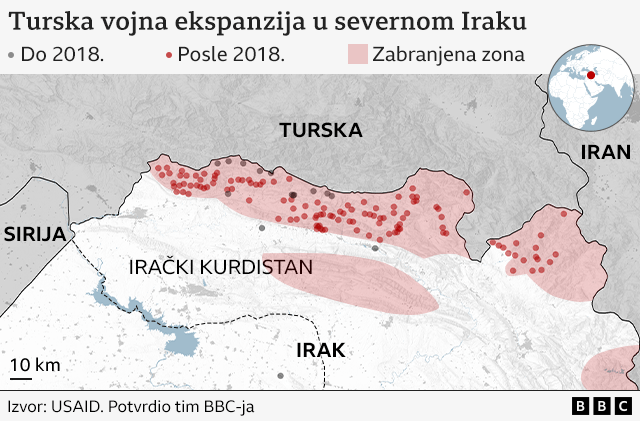
Turkey has been rapidly increasing the military presence in the forbidden zone, but so far the scale of this spread has not been publicly known so far.
Using satellite recordings, and based on direct reporting from the field and publicly available content, the BBC discovered that, in 2024, the Turkish army raised at least 136 fixed military installations throughout Northern Iraq.
Through that endless network of military bases, Turkey keeps de facto control over more than 2,000 square kilometers of Iraqi territory, the BBC analysis showed.
Satellite images further reveal that the Turkish army has built at least 660 kilometers of times that connect these plants.
These supply roads were created as a result of busting forests and left a permanent trace on the mountains in this region.
And while several databases dates from the 1990s, 89 percent was built after 2018. year, when Turkey began significantly to expand military presence in Iraqi Kurdistan.
The Turkish government did not answer the request of the BBC for interviews, but it remained that her military databases needed to suppress the PKK, which Ankara and a large number of western countries, declared the terrorist organization, including the United Kingdom.
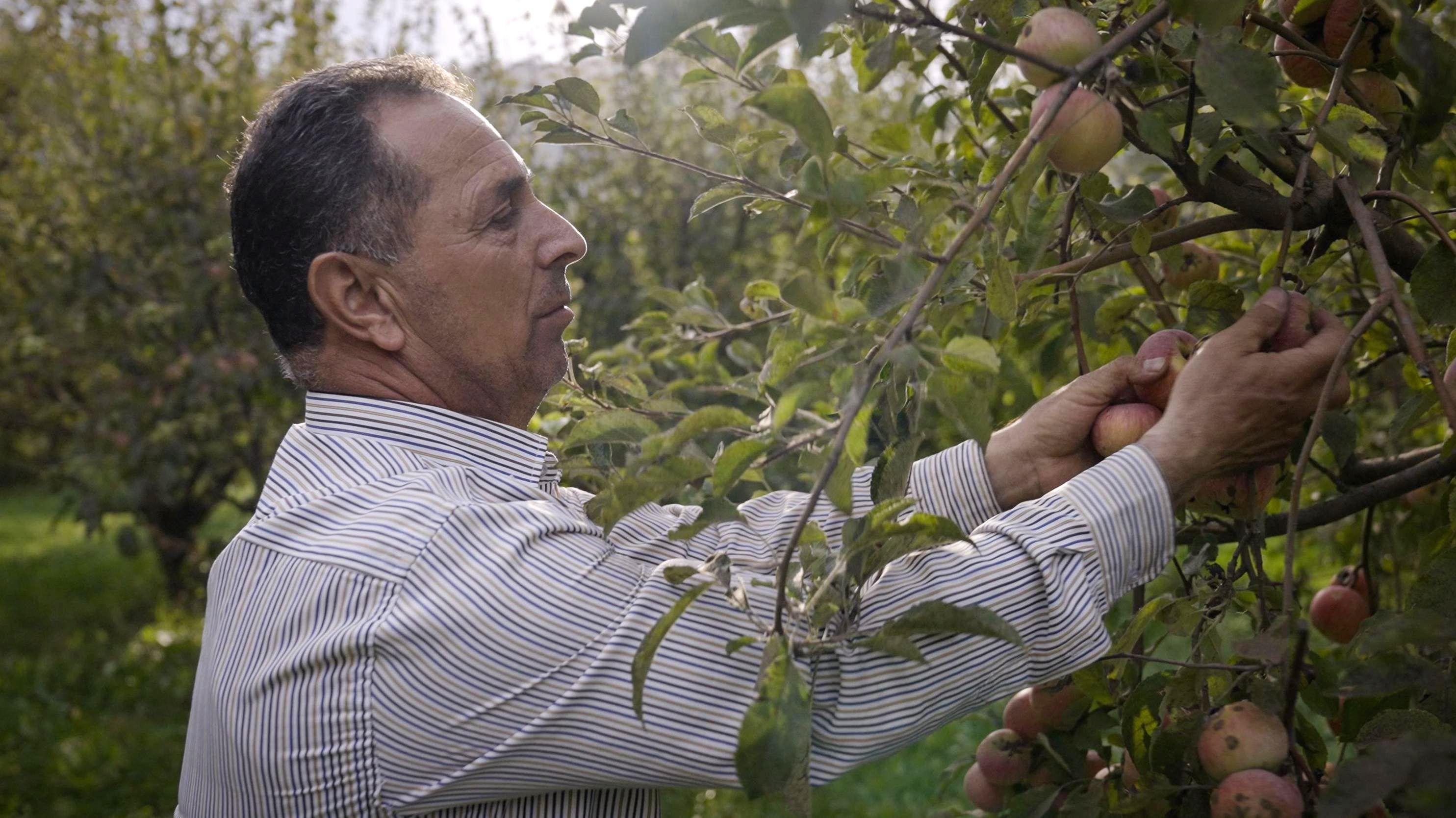
The capital subdiction cani mass, which is only four kilometers from the Iraqi-Turkish border and whose parts are in the forbidden zone, it could indicate what Sergele is waiting for in the future.
Sometimes glorious after growing apples, now there are very few inhabitants left.
A farmer Salam Sajid, whose country is located in the shadows of a large Turkish base, cannot handle its own vineyard for the last three years.
« As soon as you get here, the drone starts hovering above you, » he says for the BBC.
« Will shoot you if you stay. »
The Turkish army settled for the first time here in the 1990s and has only consolidated the presence ever since.
Its main military base, with all concrete established walls, watches for guard and communication, and space for armored conveyors to accommodate, is much more developed than smaller herjes around Sergele.
Salam, like some other local locals, believes that Turkey in the end wants to appreciate the territory for himself.
« They just want us to leave these ends, » he adds.
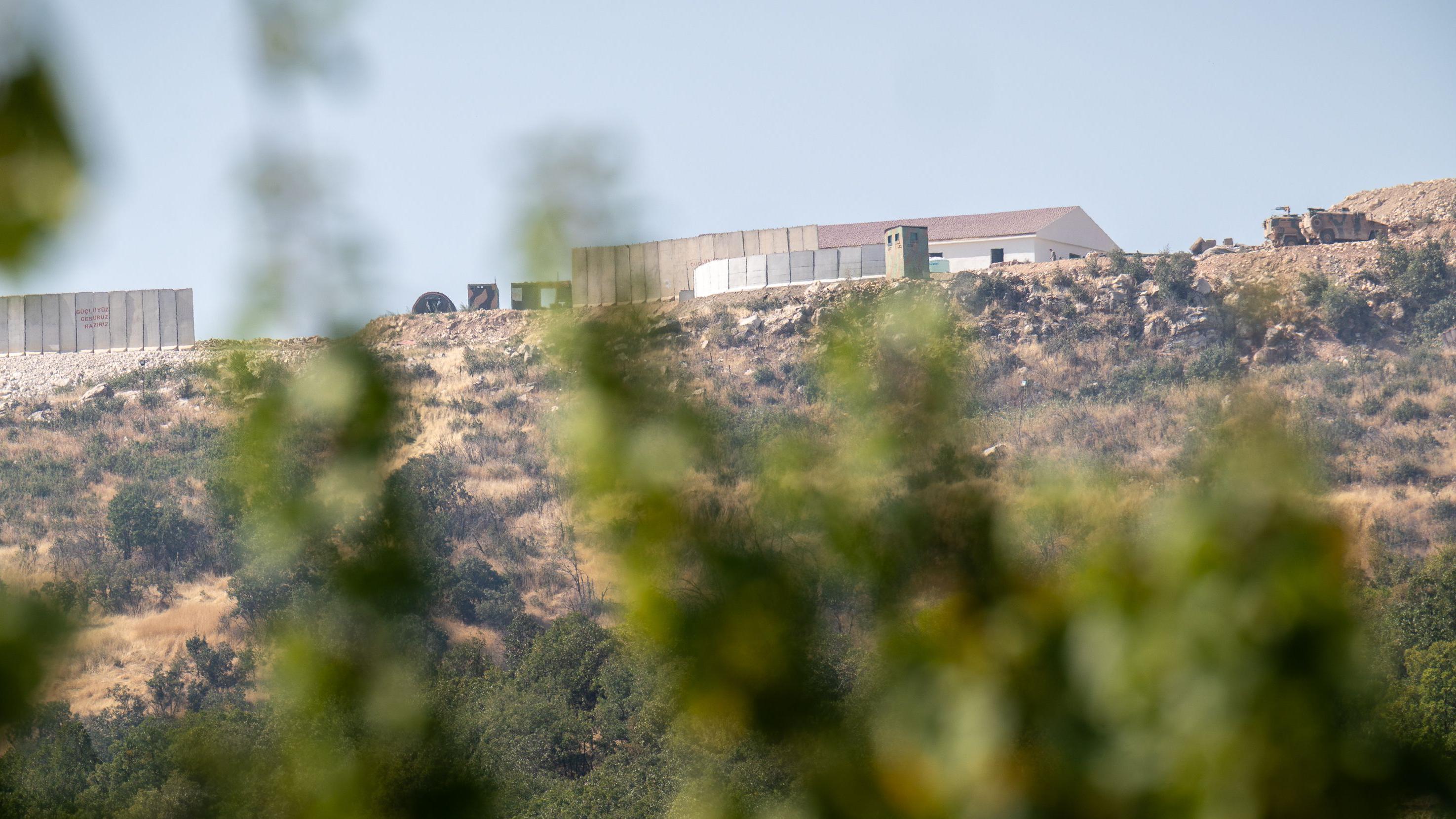
A little bit of power
Near the Cani Massass, the BBC convinced its first hand that Turkish forces practically suppress Iraqi border forces, responsible for the protection of Iraqi international borders.
In several locations, the border guards took positions deeply in Iraqi territory, directly across from Turkish troops, which cannot be approached directly and potentially risk conflict.
« Positions you see are Turkish positions, » says General Farhad Mahmud, pointing to the ridge across the Valley, about 10 kilometers within the Iraqi territory.
But « we can’t get to the border to know the exact number of these positions, » he adds.
The expansion of the Turkish army in Iraqi Kurdistan, was encouraged by its rise as a dronish force and an increasing budget allocated to defense, is perceived as part of the external policy change towards greater interventionism in the region.
Similar to operations in Iraq, Turkey also tried to establish a buffer zone along its border with Syria to maintain Syrian armed groups in the Alliance with PKK.
Javno, Iraqi government condemns the presence of the Turkish army in the country.
But behind the closed door, she shows some of the requests Ankara.
The two sides were 2024. They signed a Memorandum of Understanding for a common fight against PKK.
But the document, in which the BBC had insight, did not set any limitations for Turkish troops in Iraq.
Iraq depends on Turkey because of trade, investment and water supply, while its inner policy further prevents the government to take a firm attitude.
The Iraqi National Government did not respond to the BBC’s comment request.
During this time, the rulers of semi-autonomous Iraqi Kurdistan have close relations with Ankara based on common interests and often mitigated the damage per civilian military action.
The Kurdistan Democratic Party (KDP), the PKK’s blood enemy dominates the Kurdistan Regional Government (Krg) and is officially in power since 2005. year, when the Iraqi constitution awarded its semi-automatic status.
Close KDP connections with Turkey contributed to the economic success of the region and strengthened his position, and against his regional political rivals and the Iraqi government in Baghdad, with which he fights more autonomy.
Hosjar Zebari, a senior member of the KDP Politbiro, blamed the PKK for Turkish presence in Iraqi Kurdistan.
« The Turkish army do not want to harm our people, » he said for the BBC.
« They don’t close it. They don’t mind doing their jobs. Their emphasis, their only goal is PKK. »
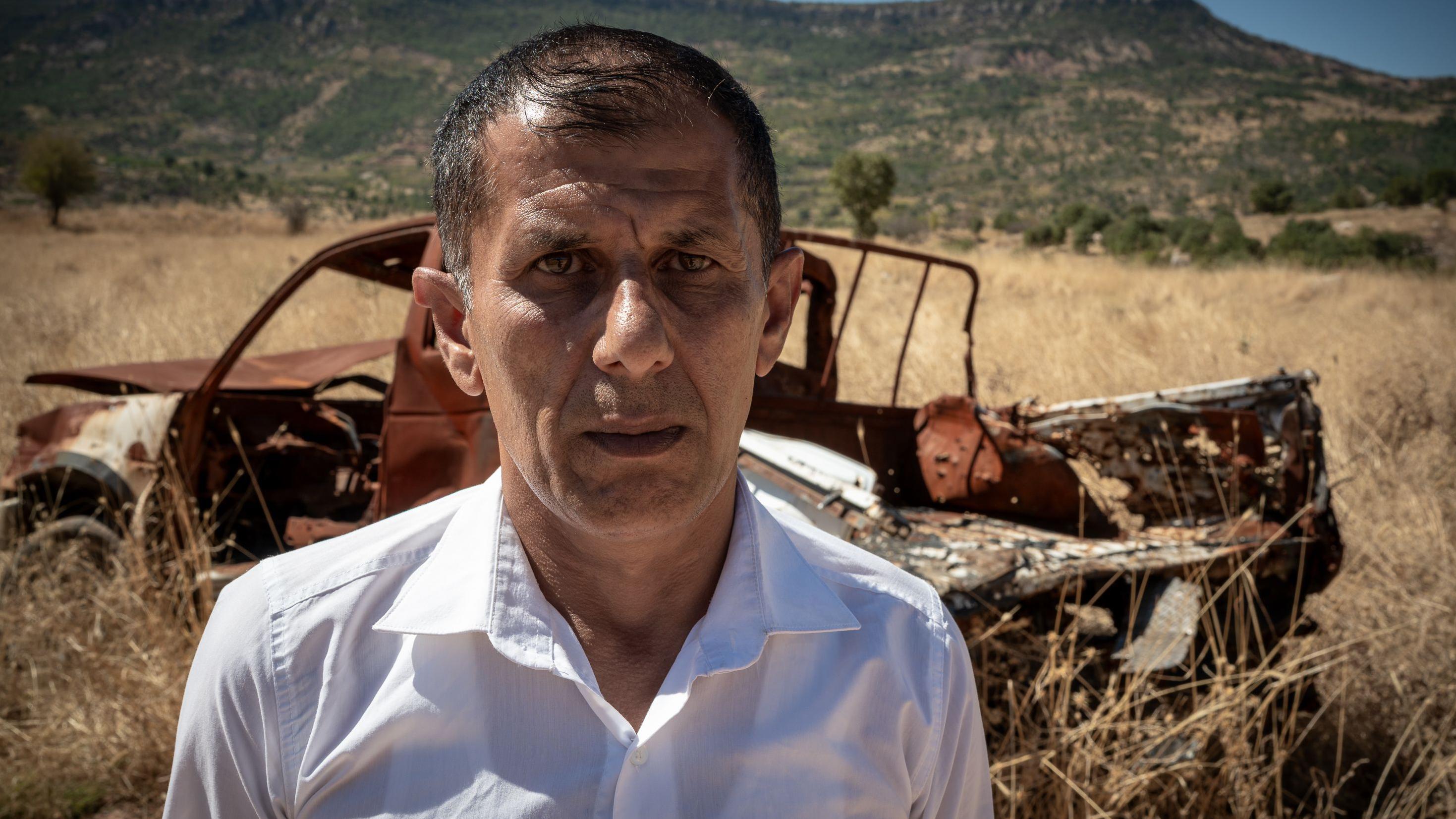
The conflict does not show signs of giving way, despite the leader of the PKK, which last time in captivity, Abdullah Dženan, called in February his own fighters to pass the weapons and disbanded.
Turkey continued to shell the goals throughout Iraqi Kurdistan, while the PKK took responsibility for the turkish drone.
And while the number of violent incidents dropped in Turkey since 2016. years, those in Iraq, meanwhile jumped, and civilians living at the border began to face increasing risk of death and displacement.
One of the killed was also a 24-year-old Alan Ismail, a patient of a fourth stage cancer that was hit in an air attack in August 2023. years, while he was on the road to the mountains with a relative Hashem Shaka.
The Turkish army denied that she had an attack that day, but the police report in which the BBC had insight attributed to the Turkish Drone Incident.
When Hasha filed a complaint with the Local Court in relation to the attack, he was grabbed by Kurdish security forces and held eight months under suspicion of supporting PKK, which he and his family deny.
« It destroyed us. Like they killed our entire family, » says Ismail Prečic, Alan’s father.
« The Turks do not have the right to kill people in their own country, on their own territory. »
The Turkish Defense Ministry did not answer the request of the BBC for a comment.
It was previously told for the media that Turkish armed forces respect international law, and that only terrorists were asked in planning and implementing their operations, while they were taking care not to harm civilians.
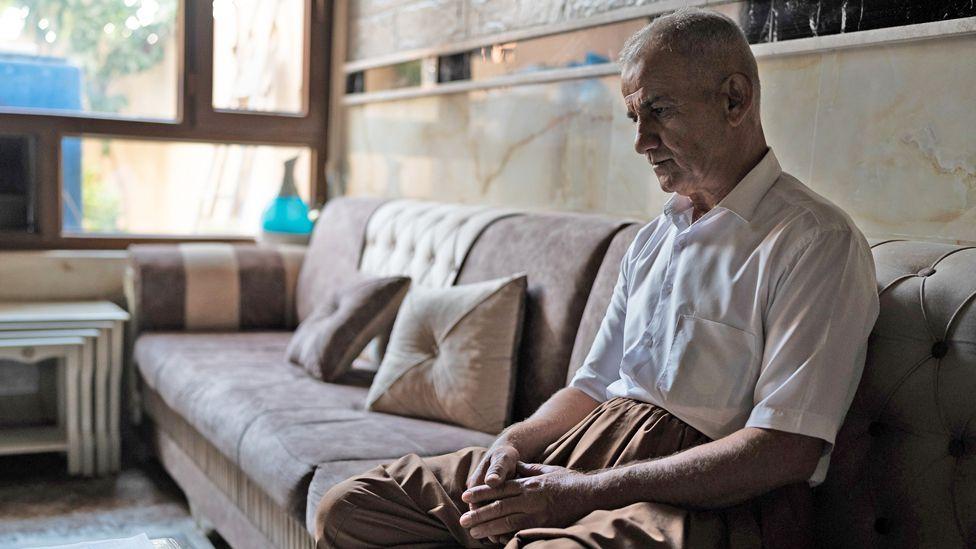
The BBC saw documents suggesting that Kurdish authorities helped Turkey avoid responsibility for civilian victims.
The confidential writings in which the BBC had insight shows that the Kurdish court closed an investigation into Alan’s murder, saying that the perpetrator was unknown.
And in his dying, published by Kurdish authorities and in which the BBC had insight, writes that he died of « explosives fragments ».
When they do not mention that victims of air attacks were killed by the consequences of violence instead of unhappiness, it makes it difficult for families to request justice and compensation, to which they are entitled to Iraqi, and towards Kurdish law.
« On most deaths, they only write ‘Infidgar‘, which means explosion, « says Kamaran Otman from Mirovnja teams from the community.
« Anything can explode. »
« I think the Kurdish regional government does not want to make Turkey responsible for what he does here. »
The Krg said that one « number of victims » of the conflict between Turkey and PKK was documented as « civilian martyrs », which means that they were unfairly killed and have the right to compensation.
Almost two years of Alan’s death, his family is still waiting, if not to compensation, then at least at a recognition of the Krg.
« We could even express our condolences to us – we don’t need their damages, » Ismail says.
« When something goes, there’s no more forever. »
Watch the video: Why women are self-shaped in Iraqi Kurdistan
The BBC in Serbian is from now on and on the morning, follow us Here.
Follow us on Facebook, Twitter, Instagram, Jutjubu and Vajiberu. If you have a topic suggestion for us please contact (Email Protected)

